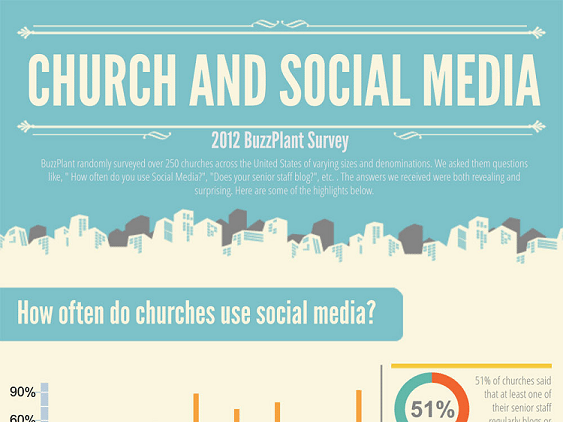Catholic Education And Social Justice: Inspiring A Much More Favorable Tomorrow
Catholic Education And Social Justice: Inspiring A Much More Favorable Tomorrow
Blog Article
Web Content Writer-Hein Mclaughlin
In Catholic education, you're not simply discovering facts; you're being shaped as a person committed to social justice. This technique urges you to acknowledge the self-respect of every individual and to advocate for those that are typically unheard. By incorporating these values into your educational program, you're placed to make a real impact. But exactly how specifically does this education equate right into purposeful action in your neighborhood? The response may amaze you.
The Foundations of Catholic Education and Social Justice
As you explore the structures of Catholic education and learning and social justice, you'll locate that these two concepts are deeply intertwined.
Catholic education and learning highlights the integral self-respect of every person, rooted in the belief that all are developed in God's photo. This point of view promotes a sense of community and obligation towards others.
see post urges you to acknowledge social oppressions and react with empathy and action. The teachings of Jesus Christ inspire you to advocate for the marginalized and prone, enhancing the concept that education and learning isn't nearly academic success; it has to do with creating a just culture.
Integrating Social Justice Into the Educational program
Integrating social justice right into the curriculum changes education and learning right into a powerful tool for modification. You'll motivate trainees to believe critically regarding social problems, cultivating compassion and a feeling of responsibility.
By weaving social justice motifs into topics like history, literature, and science, you develop a more pertinent and engaging understanding experience. Going over https://www.newsandsentinel.com/news/community-news/2021/06/viennas-st-john-united-methodist-marks-100-years/ -world problems helps students attach their researches to the area, inspiring them to do something about it.
Integrating diverse viewpoints enhances conversations and grows understanding among peers. Projects and collective projects can equip pupils to discover options to neighborhood and worldwide obstacles.
Ultimately, this combination not only grows their understanding however also forms thoughtful people all set to support for justice and equity in society.
Area Interaction and Service Opportunities
Engaging with the area via solution opportunities boosts the lessons found out in the class. When https://zenwriting.net/lucie7ray/the-feature-of-catholic-education-and-learning-in-nurturing-empathy-and-solution participate in local campaigns, you'll experience firsthand the effect of social justice principles. Offering at food financial institutions, shelters, or neighborhood clean-ups permits you to use your understanding and values outside school wall surfaces.
It cultivates a sense of responsibility and empathy, attaching your education and learning to real-world problems. Furthermore, these experiences assist you develop partnerships within your area, improving your understanding of varied viewpoints.
You'll discover the relevance of collaboration and synergy while functioning along with peers and community members. By devoting your time and skills to service, you'll not only grow personally however additionally contribute to developing a simply and compassionate society.
Verdict
To conclude, Catholic education equips you to embrace social justice and foster a feeling of community obligation. By integrating these worths into your knowing and participating in solution chances, you'll create important thinking and compassion. This journey not only forms you as a specific yet additionally outfits you to be a leader committed to developing a much more just and equitable society. Together, let's devote to building a far better tomorrow for every person.
